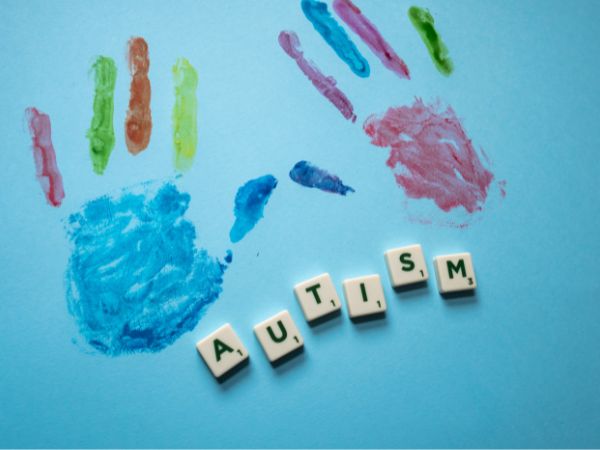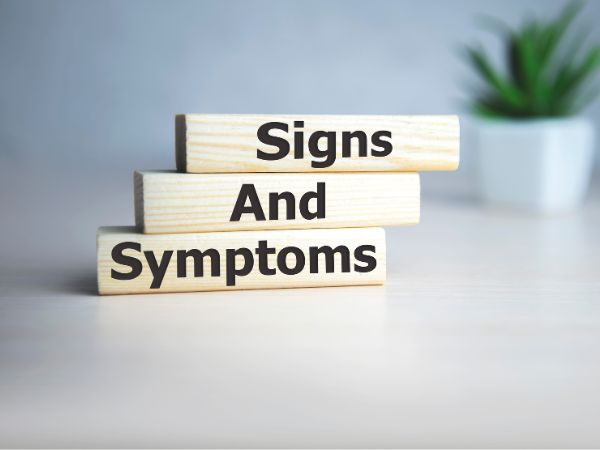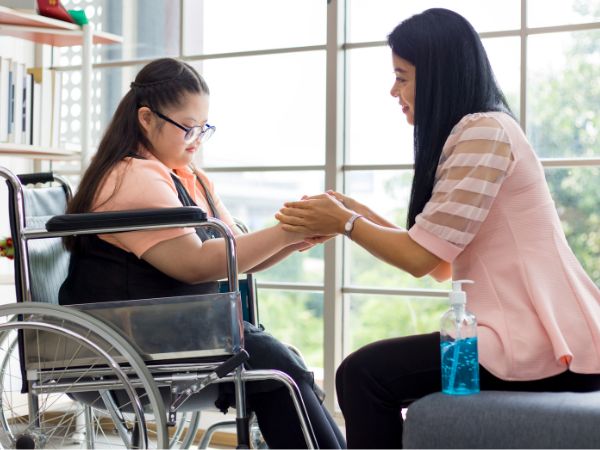Autism, a neurodevelopmental disorder, is characterized by challenges in social interaction, communication, and repetitive behaviors. With a spectrum of manifestations, autism affects individuals differently, and understanding its various aspects is crucial for early intervention and support.
Types of Autism

Autism Disorder (AD) encompasses several subtypes, commonly referred to as autism types. These include:
- Autistic Disorder (Classic Autism): Individuals with this type exhibit significant language delays, social challenges, and repetitive behaviors.
- Asperger’s Syndrome: People with Asperger’s often have normal language development but struggle with social interactions and display repetitive behaviors or intense interests.
- Childhood Disintegrative Disorder: This rare type involves a significant loss of previously acquired skills in areas such as language, social, and motor skills.
- Pervasive Developmental Disorder-Not Otherwise Specified (PDD-NOS): This term was previously used for cases that did not fit into the other categories, but it is no longer officially recognized.
Signs and Symptoms

The signs and symptoms of autism vary widely, but common indicators include:
- Social challenges: Difficulty with non-verbal communication, lack of eye contact, and trouble forming relationships.
- Communication difficulties: Delayed speech development, repetitive language, and challenges in understanding and using gestures.
- Repetitive behaviors: Engaging in repetitive movements or activities and having narrow, intense interests.
- Sensory sensitivities: Heightened or reduced sensitivity to sensory stimuli such as lights, sounds, or textures.
Causes
The exact cause of autism is not known, but it is likely to involve a combination of genetic and environmental factors. Factors such as advanced parental age, certain genetic mutations, and prenatal complications may contribute to the development of autism.
Prevention of Autism

As the exact cause of autism remains unclear, preventing its onset is challenging. However, some factors that may reduce the risk include:
- Prenatal care: Ensuring proper prenatal care can contribute to a healthy pregnancy.
- Genetic counseling: Understanding the family history and genetic risk factors can aid in informed family planning decisions.
Treatment of Autism
Early intervention is crucial for managing autism effectively. Treatment approaches may include:
- Behavioral therapies: Applied Behavior Analysis (ABA) and other behavioral interventions can help improve communication and social skills.
- Speech therapy: Speech-language pathologists work with individuals to enhance communication abilities
- Occupational therapy: This helps individuals develop daily living skills and manage sensory sensitivities.
- Medications: Some individuals may benefit from medications to manage specific symptoms, such as aggression or hyperactivity.
Diagnosis
Diagnosing autism involves a comprehensive assessment by healthcare professionals, including psychologists, developmental pediatricians, and speech-language pathologists. Observations of behavior, communication skills, and developmental history are crucial components of the diagnostic process.
Home Remedies

While there is no cure for autism, certain home-based strategies may complement professional interventions:
- Structured routine: Establishing a consistent daily routine can provide a sense of predictability for individuals with autism.
- Sensory-friendly environment: Creating a calm, sensory-friendly space at home can help manage sensitivities.
- Communication tools: Using visual aids, schedules, and social stories can enhance communication and understanding.
In conclusion, Autism is a complex neurodevelopmental disorder that manifests in various ways. Understanding its types, signs, symptoms, causes, prevention measures, treatment options, diagnosis, and home remedies is essential for promoting early intervention and providing adequate support to individuals on the autism spectrum. Ongoing research continues to contribute to our understanding of autism, paving the way for improved strategies for diagnosis and intervention.